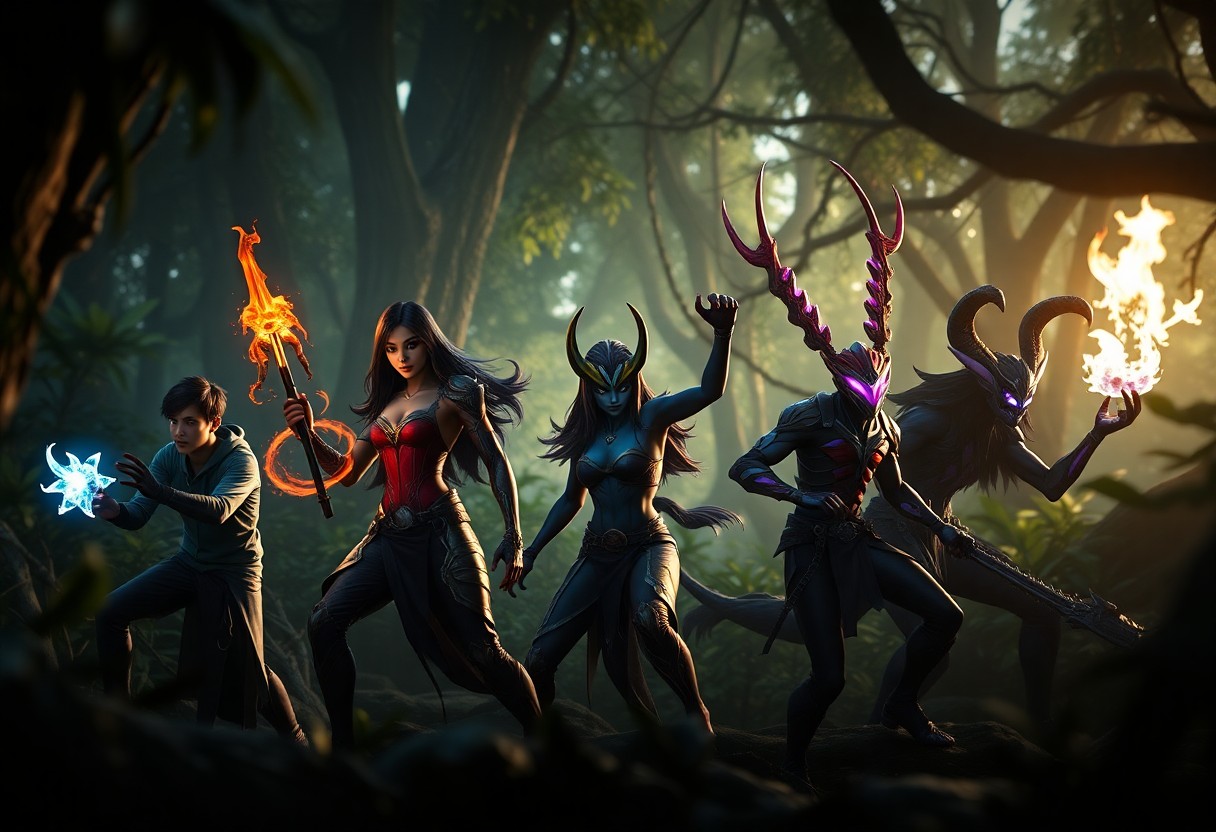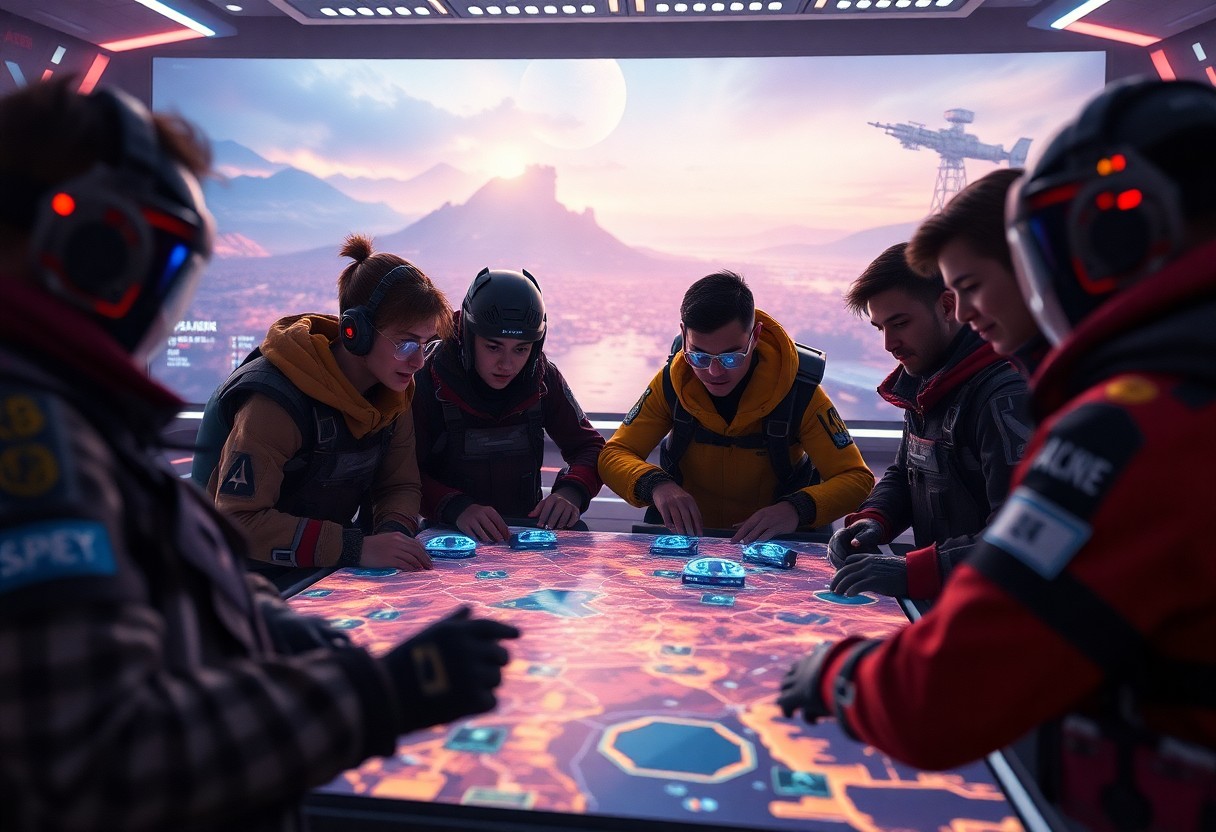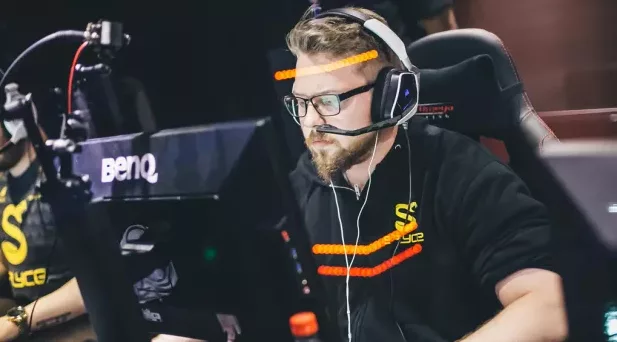 FaZe’s Valorant team loses its captain. Former CS:GO pro Jason “JasonR” Ruchelski has parted ways with the organization to start his own team.
FaZe’s Valorant team loses its captain. Former CS:GO pro Jason “JasonR” Ruchelski has parted ways with the organization to start his own team.
Jason “JasonR” Ruchelski is no longer part of FaZe Clan’s Valorant team. This is quite ironic in that JasonR was the first player signed by FaZe at the end of June.
At the same time that JasonR joined the team, FaZe also signed Corey “corey” Nigra, a former Overwatch pro. The two were the first to join the team’s Valorant roster. Just a month later, the captain has now decided to leave the organization. Most recently, FaZe signed Zachary “ZachaREEE” Lombardo and Jimmy “Marved” Nguyen. The former, like corey, is a former Overwatch player, while the latter also comes from the CS:GO scene. The two players joined FaZe for the T1 x Nerd Street Gamers Showdown, where they placed fourth.
As mentioned in the above tweet, Jason apparently wants to get his own roster up and running. That could take a while, though.
The craziest part of this whole thing is that JasonR hasn’t even participated in a Valorant event yet. FaZe has only participated in the aforementioned T1 x NSG showdown and Ruchelski hasn’t been there.
Why is JasonR leaving?
Jason made the following comments in his stream:
“Marved was just added to the FaZe roster, but I don’t play, I don’t train with FaZe. I don’t train with the roster. I had no say at all in who they would put on the team. I joined as a player, but I don’t get forced into any situations.”
According to the player, FaZe did not let him participate in the selection of players. It is not known if JasonR has any quarrel with any of the new members or if he just didn’t believe that this team can work. In any case, it’s a shame that he didn’t even get to play a single event with FaZe. For now, he’s back to streaming, but who knows, maybe we’ll see him on another team soon.
With JasonR out, FaZe once again has to rely on substitutes. The team now consists of only the following three players:
- Corey “Corey” Nigra
- Zachary “ZachaREEE” Lombardo
- Jimmy “Marved” Nguyen
The next big Valorant event is scheduled to begin on August 6, when the FaZe Clan Invitational is set to kick off. Yes, that’s right, FaZe doesn’t even have a full roster yet, but they are hosting their own Valorant event – and from the looks of it, they won’t be among the favorites. The upcoming tournament will feature other strong teams like TSM, Cloud9, T1, and Sentinels, all of whom could be potential contenders for the title.
Valorant: How to put together the optimal team
Which roles do you need to fill? How do you divide up the positions? And who is the in-game leader? We have the answers!
Many roles for five positions in the team
You can roughly divide the roles and responsibilities in a team. There is the solo defender, who can hold a point alone. The Support, who makes room with skills that need to be respected. The In-Game Lead makes the calls and works with the information of his teammates. The Entry Fragger and the Secondary are the players who go together on a point and are not afraid of enemy contact. The Sniper, who preferably holds certain angles with an Operator and can get a big advantage for the round with a First Blood, can also be beneficial to the team. Last but not least, there is the Lurker, who preferably keeps opponents busy at the other end of the map and comes from an unexpected side after enemy rotations.
The individual roles can also partially overlap or can be left out entirely or can change from round to round. An in-game leader can also be a solo defender and can also focus on minimap and communication due to defensive play. A balanced team with the assignment of such roles has the advantage that the team members know what their tasks are in the current round and can thus also build on the strengths of their agents.
The Spearhead: Entry Fragger & Secondary
The Entry Fragger is optimally the first player to make contact with the opponents around the Objective being targeted by the team. This can also be an important place on a map as a defender, e.g. to gain some control over the center in Ascent. By his push he makes room for the other mates, passes on the positions of the opponents and has the chance to get the point alone by nimble kills. The best agents for this role are Phoenix and Reyna.
As a secondary, you try to build on the moves, information and kills from the entry fragger. At a certain point, it pays to take a different position, hold different angles, or get behind enemy lines very quickly to take opponents who are rotating out of the action. Jett, Raze, Omen and Breach are particularly suitable for this role.
The Solo Defender
Since most maps have 3 main lanes, only two of them can be defended with a duo, the third “lane” then belongs to the solo defender. On Attack the role is obsolete, but an agent made for this role can here protect the team from flanks or focus on making sure the spike is well placed and defend them additionally with appropriate skills. Those who like this style of play might be satisfied with Cypher, Sage and Sova.
The Support
The main task of the support player is the optimal use of his abilities to make it easier for his own team to attack a point. This includes for example optimal placement of Smokes and the use of Flashes. As supports, many agents are suitable for this role: The solo defender agents can support well in the offense to get information or to cover some angles. Other agents are suitable as supports thanks to their sight-blocking abilities, like Brimstone and Viper, which can make it very easy to access a point. But Sova or Skye are also welcome in the role, as they can scout ahead with their Recon abilities.
The In-Game Leader
No team can function without an IGL. The game starts with the operator choice: Who plays which agent? How should the team split up on the map by default? Which agents do the opponents have? What do we have to pay attention to? How do we time the round? All this information and more have to be communicated to the team. If you want to take the role of the IGL, you should look for an agent who supports this role additionally like all agents who can get additional information by ability like Cypher, Sova and Raze.
The Sniper
Do you have an operator god in your team? Then let him take the role of the Sniper. Defensively, the Sniper can hold many angles where he can stand faster than the enemy team and get free kills especially against slow peeks. If it goes a bit offensive, he tries to move out after the spearhead, gradually covering positions where opponents can come. Good agents to support the sniper’s playstyle are for example Jett to play more offensive angles without risk or Cypher who rotates to other points after building up camera and tripwires to stay unpredictable.
The Lurker
Last but not least, there are the Lone Wolfs, who don’t like to hang out with the team, also called Lurker. This role is also useful in a team to avoid giving half the map to the opponents or to get impatient opponents when they don’t expect it because they rotate through their own spawn. Omen, Reyna and Jett are especially useful for playing off the enemy team, as their abilities make them less likely to fall victim to refrags or to escape from a bad position after a successful kill.
ValorantTeams, Valorant , Heroes&WIKI, ValorantTeam, ValorantPlayer, ValorantPlayers, ValorantTeamBuilding, ValorantTeamGuide




